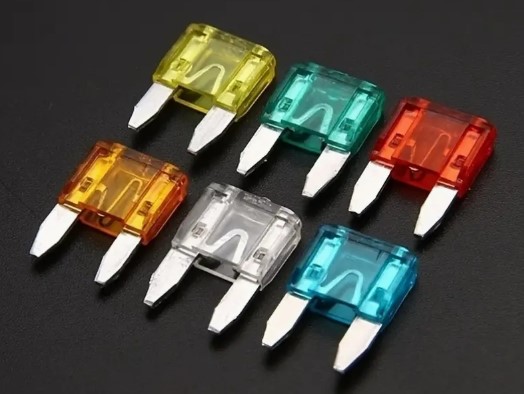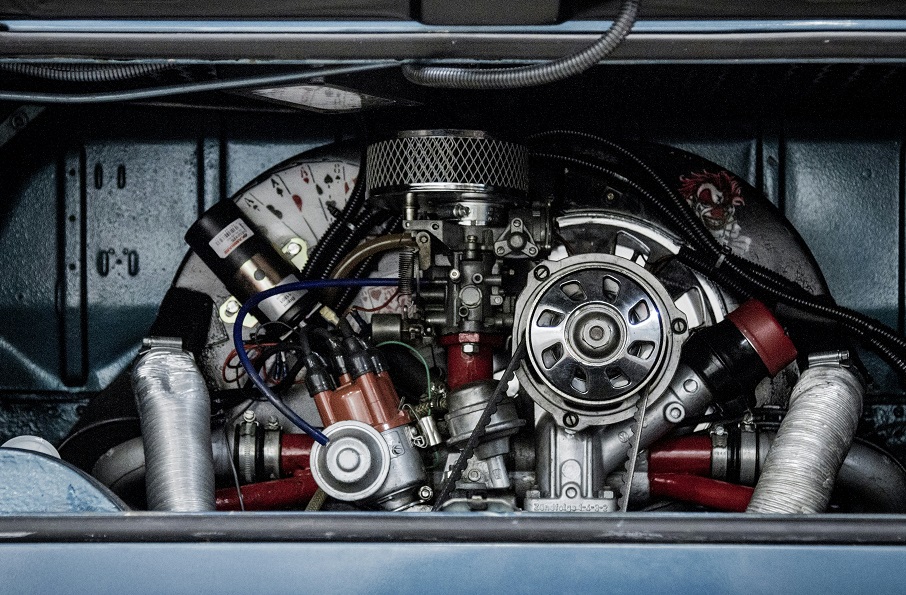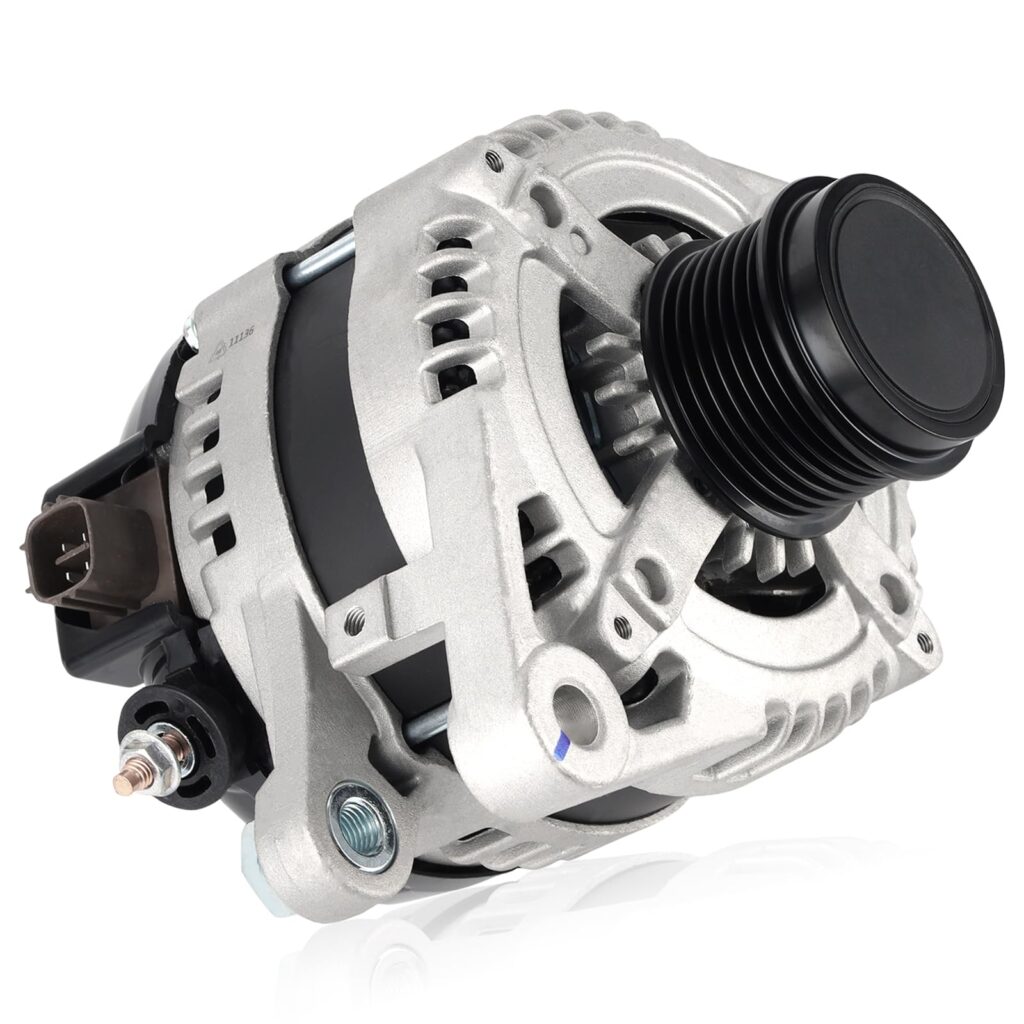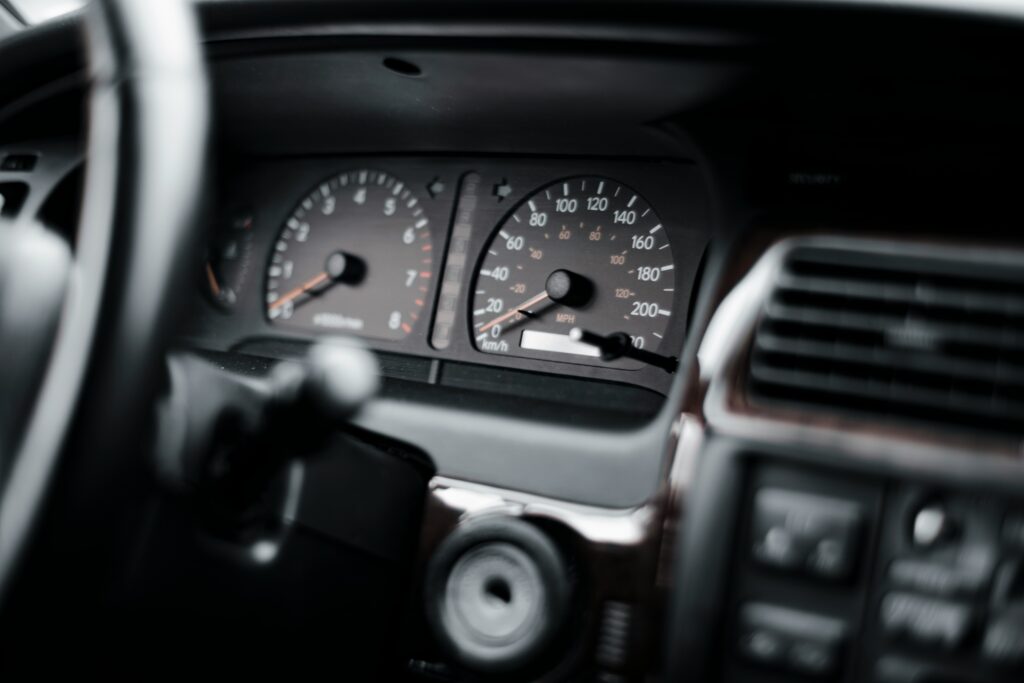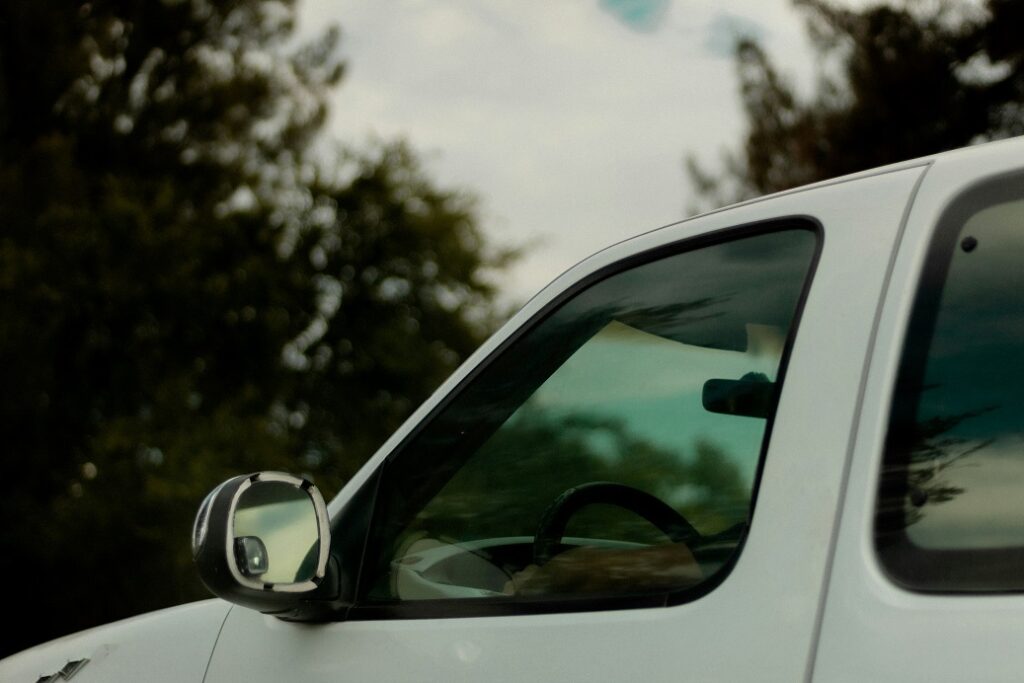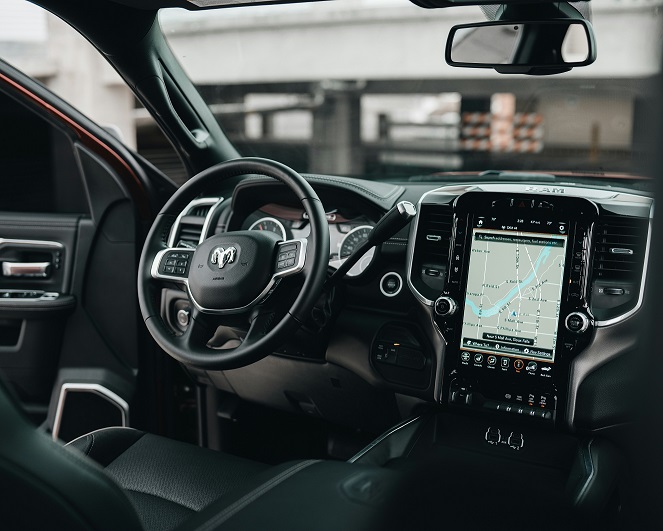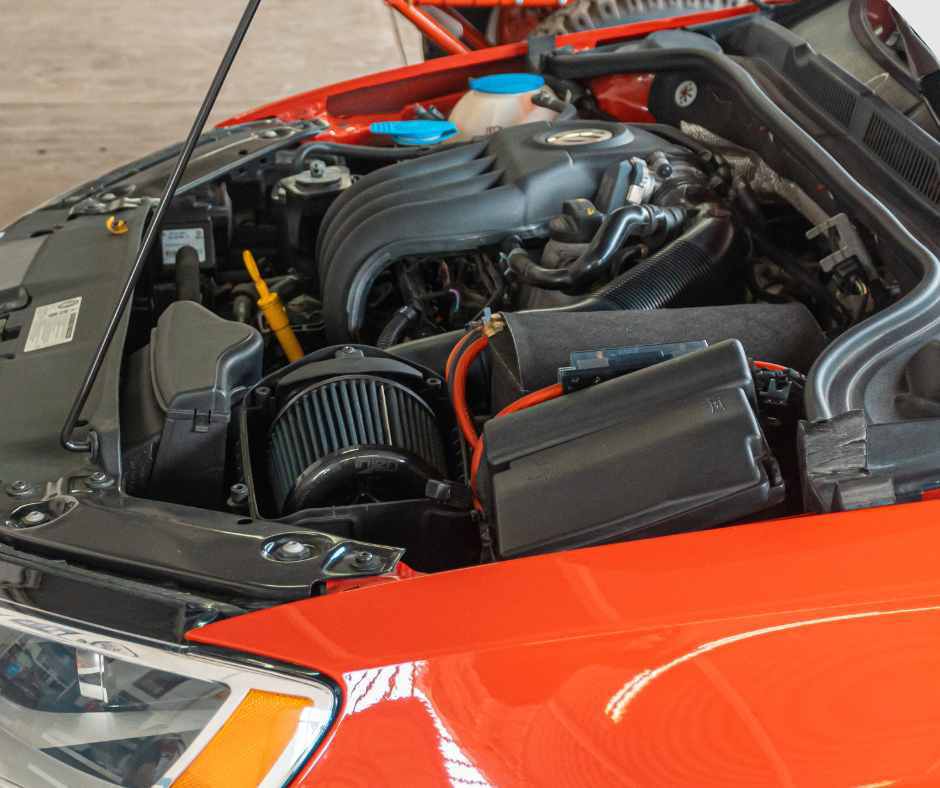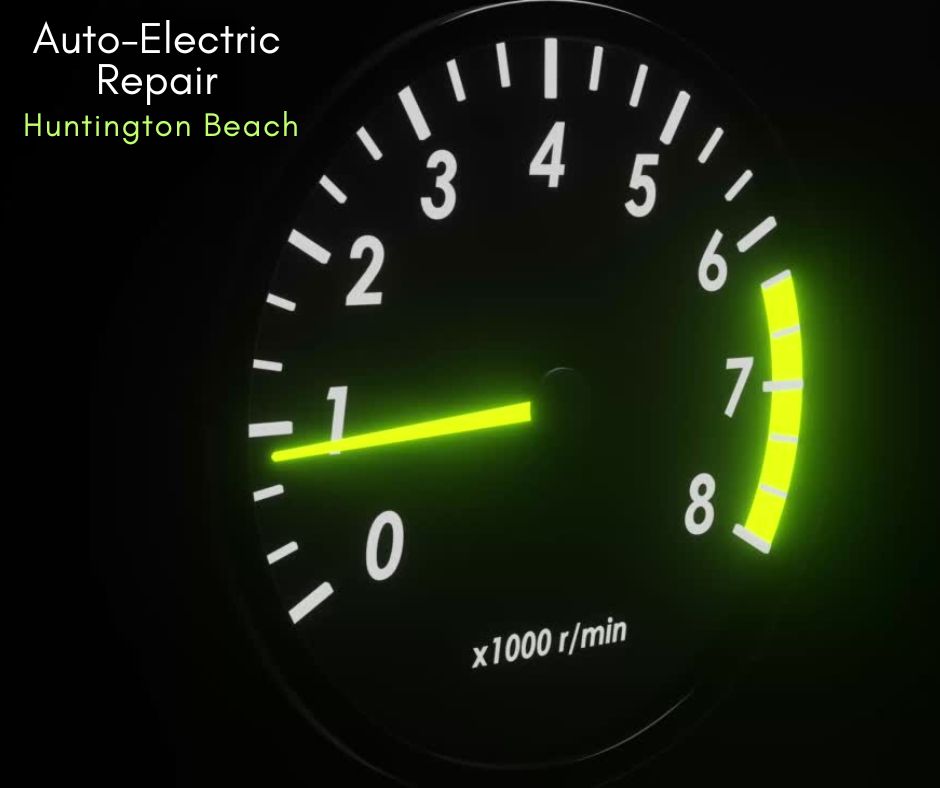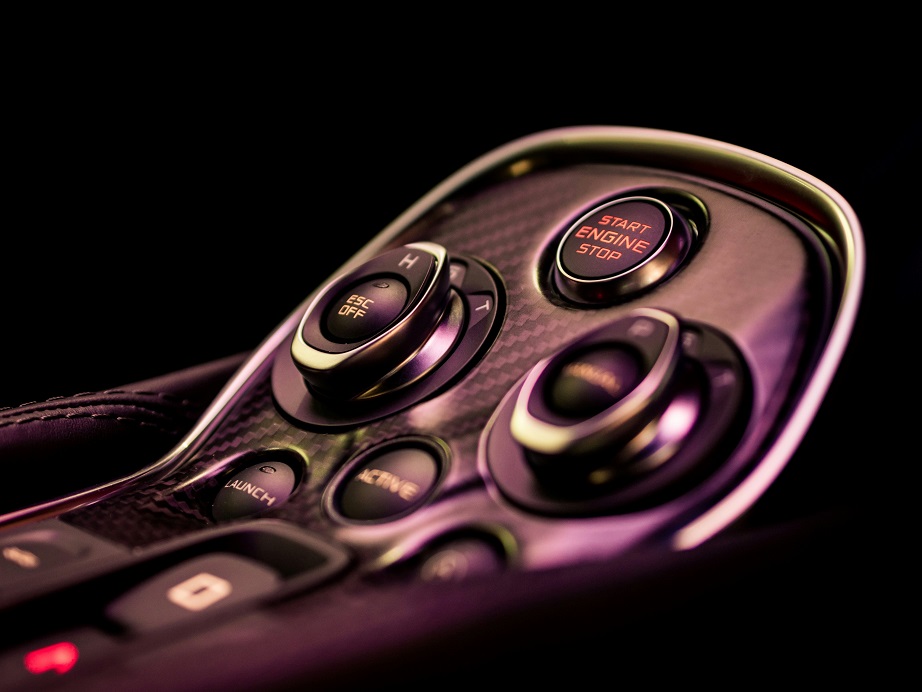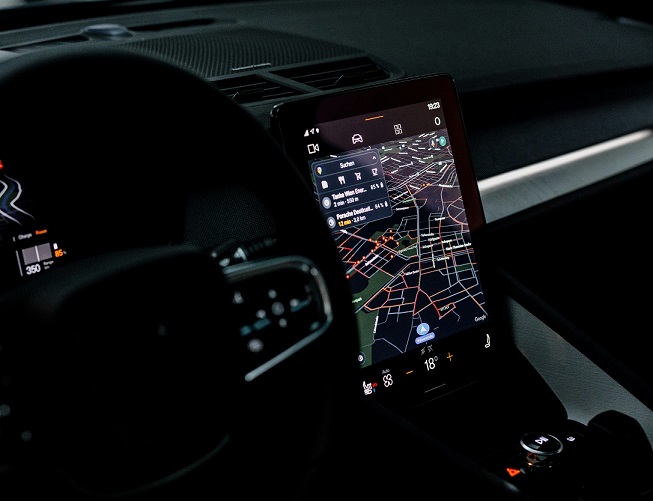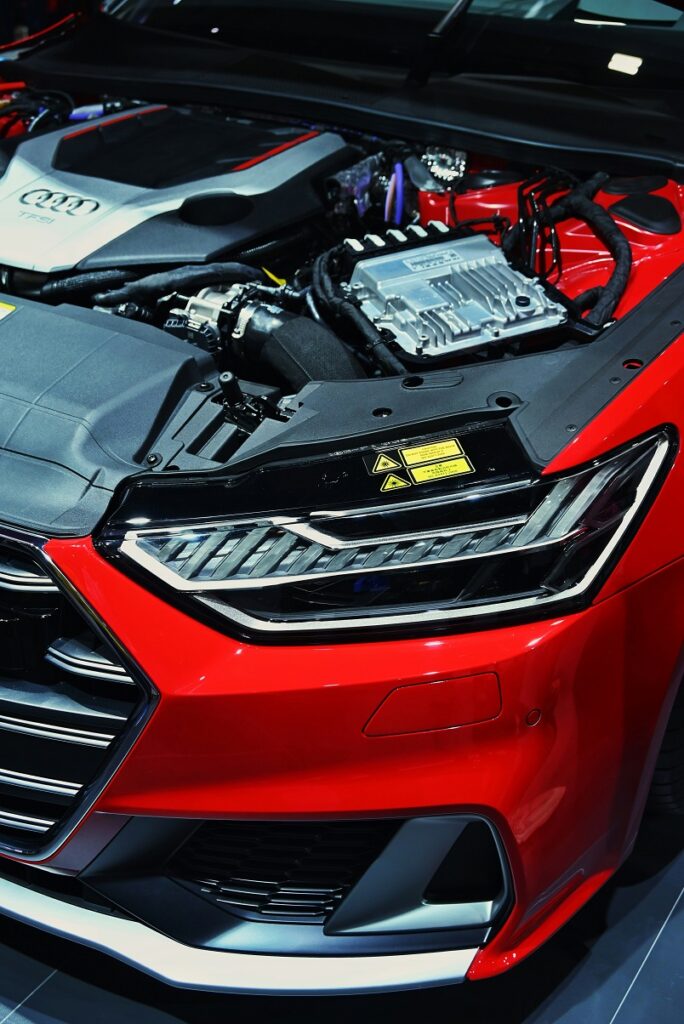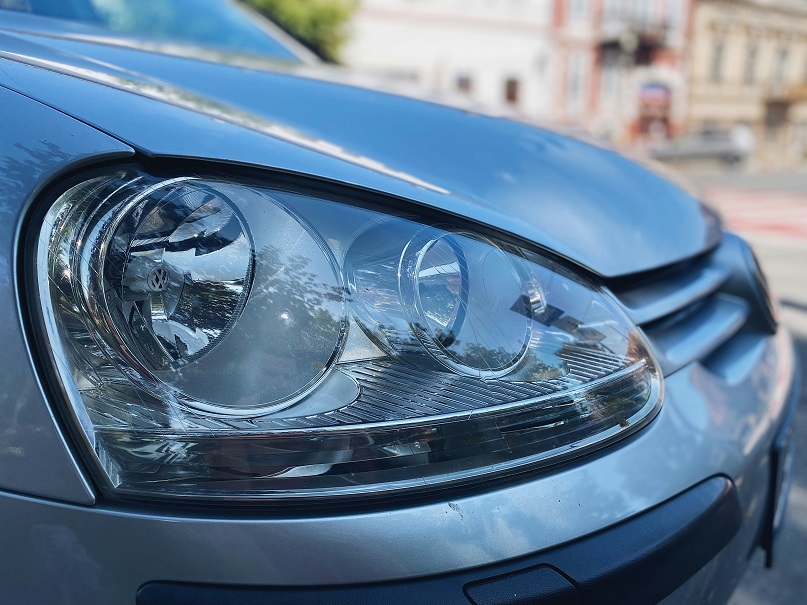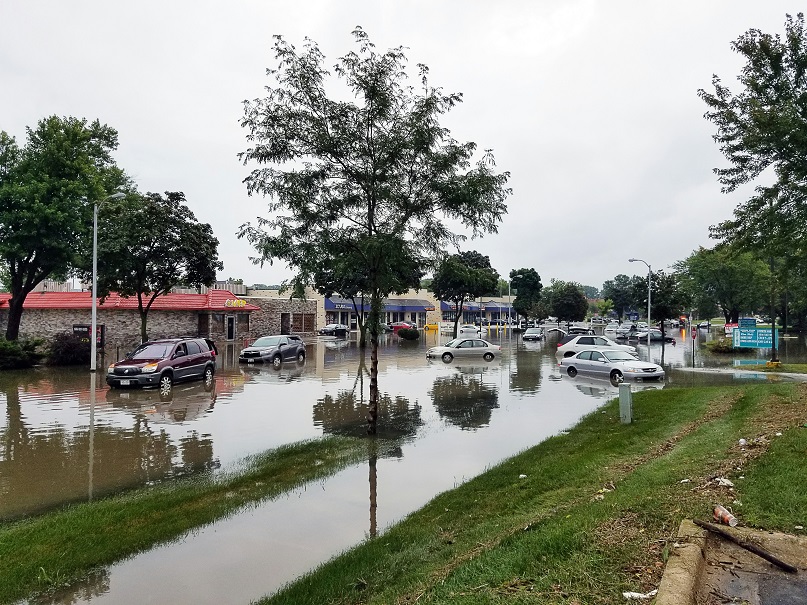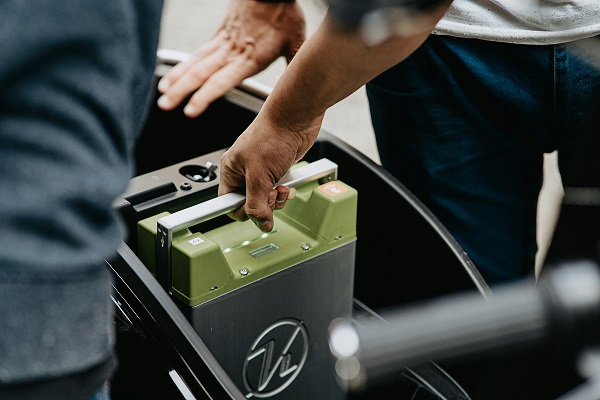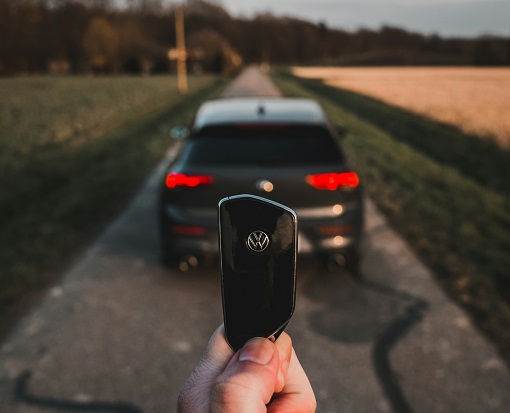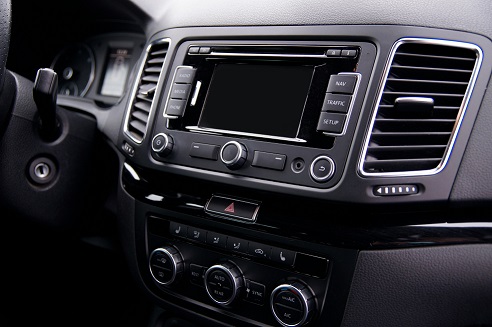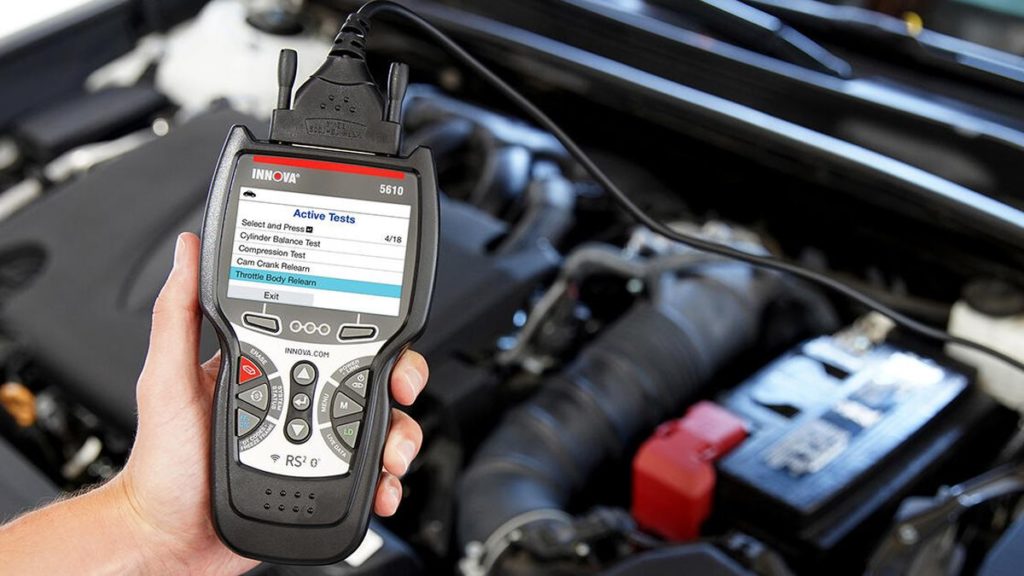Auto Electrical Repairs
Electrical Water Damage
SHARE
Electrical Water Damage in a Car: A Costly and Dangerous Threat
Water damage can be a car owner’s worst nightmare, and when it comes to electrical systems, the consequences can be even more severe. Electrical water damage in a car can lead to a range of issues, from malfunctioning components to complete system failure, and in some cases, even pose a serious safety risk. In this blog, we’ll explore the causes, effects, and prevention of electrical water damage in vehicles.
Electrical systems in modern cars are complex and intricate, with a network of wires, sensors, and electronic modules that control everything from the engine to the infotainment system. When water infiltrates these sensitive components, it can create a short circuit, leading to a range of problems. From flickering lights and faulty gauges to complete electrical system failure, the consequences of water damage can be both inconvenient and dangerous.
One of the primary causes of electrical water damage in cars is exposure to heavy rain, flooding, or even a simple spill. Water can enter the vehicle through damaged seals, leaks in the roof or doors, or even through the ventilation system. Once inside, the water can quickly spread to the electrical components, causing corrosion, rust, and short circuits.
The effects of electrical water damage can be far-reaching and costly. In addition to the immediate problems, such as malfunctioning electronics and warning lights, water damage can also lead to long-term issues. Corrosion and rust can slowly eat away at the wiring and connectors, leading to intermittent failures and increasing the risk of electrical fires.
Preventing electrical water damage in a car is crucial, and there are several steps car owners can take to protect their vehicles. Regular maintenance and inspections can help identify and address any potential leaks or vulnerabilities. Additionally, using water-resistant sealants and coatings on electrical components can provide an extra layer of protection.
In the event of water exposure, it’s essential to act quickly to minimize the damage. Turning off the vehicle and disconnecting the battery can help prevent further damage, and a thorough cleaning and drying of the affected areas is crucial. In some cases, professional repair or replacement of damaged components may be necessary to restore the vehicle’s electrical system to full functionality.
In conclusion, electrical water damage in a car is a serious issue that can have far-reaching consequences. By understanding the causes, effects, and prevention methods, car owners can take proactive steps to protect their vehicles and avoid the costly and potentially dangerous consequences of this type of damage.
